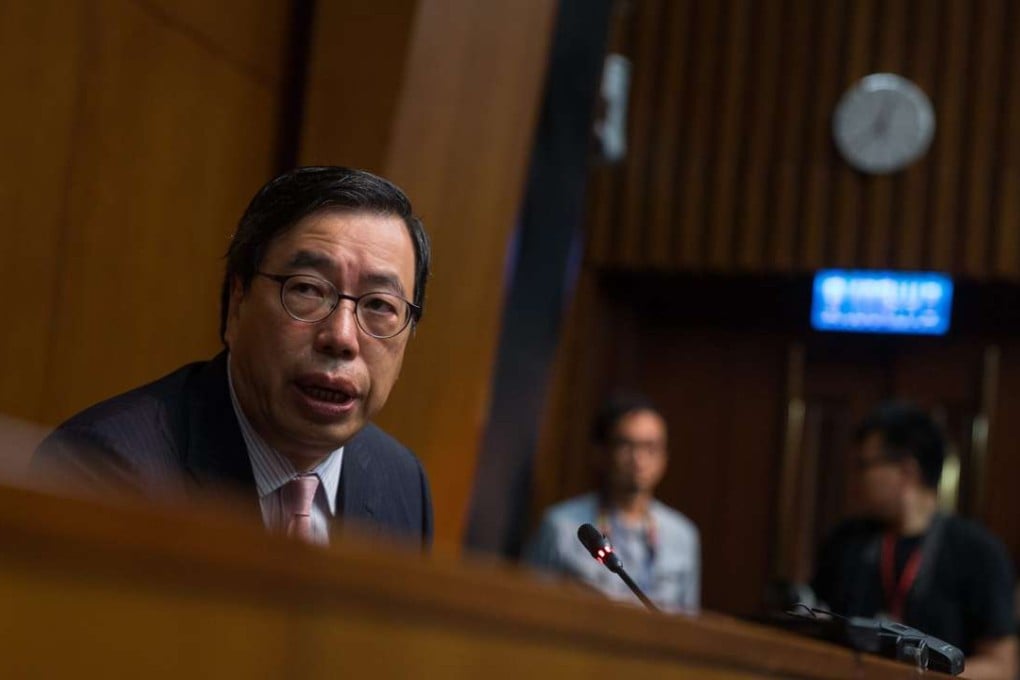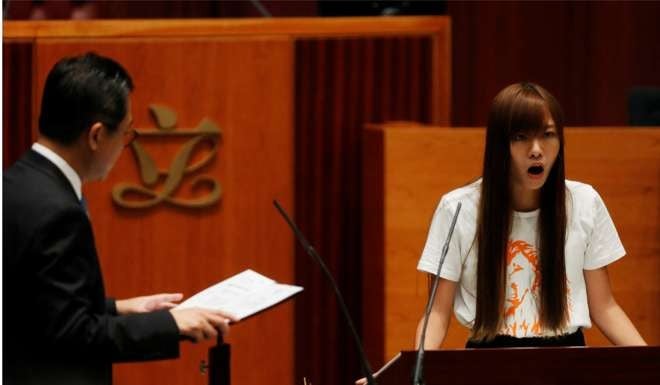Judicial review on oath-taking is proof that Hong Kong’s system of checks and balances is sound
Ho Lok Sang says the Legco president’s legally dubious decision to allow lawmakers to retake their oaths is ripe for challenge

The much touted “separation of powers” is intended to ensure there are checks and balances between the executive, legislative and judicial branches of government. This is important for sound governance in Hong Kong. Unfortunately, the role of checks and balances has been grossly misunderstood, and our pan-democrats are accusing the government of political interference in the case of two lawmakers who had their oaths invalidated, when actually it is the pan-democrats themselves who are trying to interfere with the workings of such powers.
All sides must compromise in lawmakers’ oath-taking fiasco if Hong Kong is ever to move on
Pan-democrats have backed the claims of Yau Wai-ching and Sixtus Baggio Leung Chung-hang that the government is destroying the rule of law and ruining the separation of powers. But let us first see whether the government has a case to seek a judicial review against Legislative Council president Andrew Leung Kwan-yan’s decision to allow the retaking of oaths.

On Legco, it’s vital the court is allowed to rule independently
Thus, there is no leeway for the Legco president to allow a second chance for taking the oath. If the act of non-compliance is established, then disqualification follows. The president’s decision to allow a retaking of the oath, even when an act of non-compliance has been established, constitutes a misuse of his powers. The only area of contention is whether the behaviour of these two legislators-elect constitutes non-compliance. Indeed that is what the High Court judge said.
The only area of contention is whether the behaviour of these two legislators-elect constitutes non-compliance
Looking at some general principles, the first thing that should be said is that the spirit of the law and its intention must be considered. Judgments cannot be made in a vacuum. Second is whether the explanations offered by the legislators-elect are credible. These explanations must show that their behaviour, perceived to constitute non-compliance, was not intended as such.
